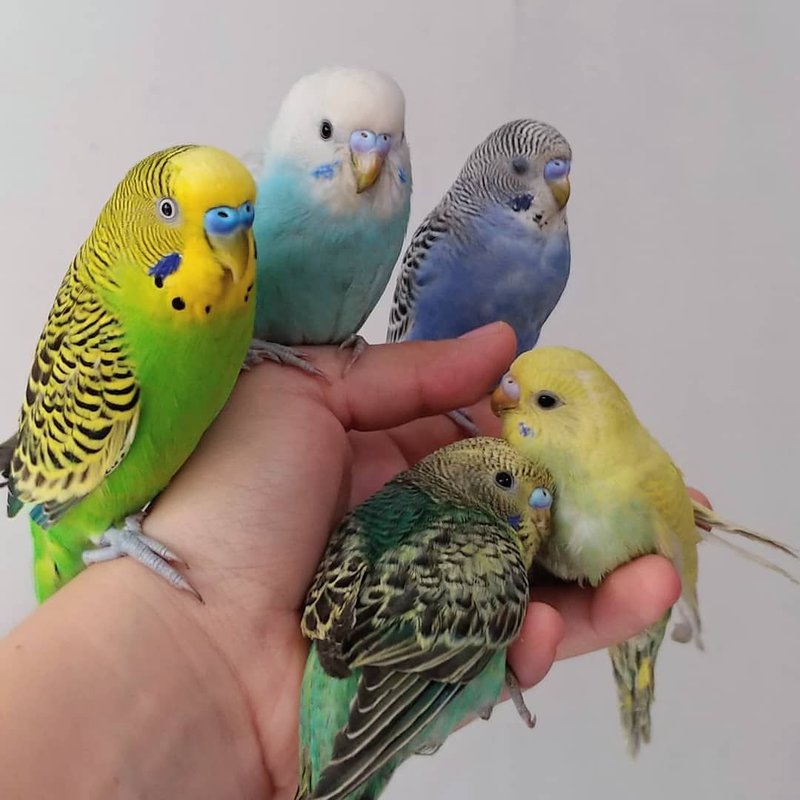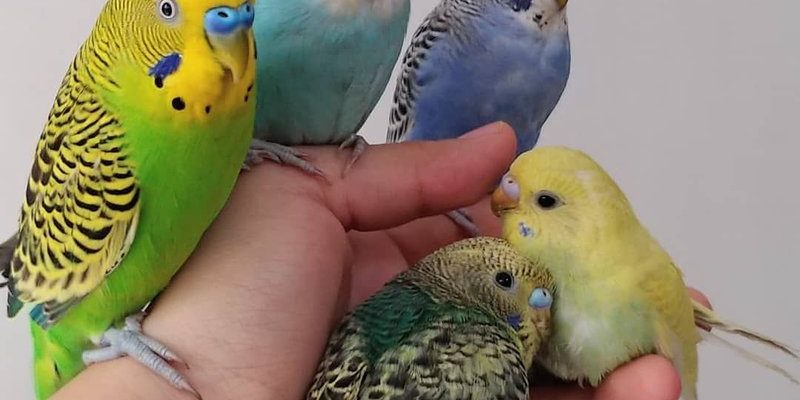
Imagine you’re hosting a cozy coffee chat with a friend. You’d probably share stories and exchange thoughts on what it means to care for a living creature. Honestly, diving into the legal and ethical responsibilities of pet ownership is just as important as picking the perfect cage. Birds, like budgies, require a safe environment, social interaction, and appropriate care. Let’s unravel this topic together, so you know exactly what you’re getting into.
Understanding Local Laws About Budgies
Keeping budgies might feel straightforward, but it’s essential to know that different regions have specific laws regarding pet ownership. Some places have laws aimed at protecting certain bird species or regulating breeding practices. For example, in some areas, you might need a permit to keep native bird species, whereas exotic ones like budgies are often more leniently regulated.
To make sure you’re on the right side of the law, check local regulations. You might find rules about cage sizes, care standards, or even restrictions on owning multiple birds. Being informed helps you provide the best home for your budgie while ensuring that you don’t accidentally break any local laws.
Ethical Considerations in Pet Ownership
Now that you’re aware of the legal side, let’s dive into the ethical aspects of keeping budgies. Here’s the thing: adopting a pet is a long-term commitment that shouldn’t be taken lightly. Budgies can live to be around 10 years or more with proper care, so you’re not just making a short-term decision.
You might be thinking, “What does being ethical truly mean when it comes to pets?” Well, it’s about providing a safe, loving environment where your budgie can thrive. This includes offering a spacious cage, proper diet, social interaction, and mental stimulation. A budgie left alone in a small cage for long periods might become bored or stressed, leading to behavioral issues.
Choosing Responsible Breeders or Adoption
If you decide to bring a budgie into your home, consider where it comes from. Choosing a responsible breeder is crucial. Ask questions like how the birds are raised, what kind of environment they grow up in, and how they’re socialized. A reputable breeder should be open about their practices and eager to answer your questions.
Alternatively, adopting from a rescue organization is another ethical avenue. Rescues often have budgies that need loving homes and may provide you with the bird’s history and care requirements. By adopting, you’re giving a bird a second chance, which can be incredibly rewarding.
Health and Welfare Standards for Your Budgie
Keeping your budgie healthy is part of your legal and ethical obligations as an owner. Birds are susceptible to various health issues, so regular vet check-ups are important. A professional vet familiar with avian care can help catch any potential problems early.
Moreover, providing a balanced diet is essential for your budgie’s well-being. They require a mix of seeds, pellets, fruits, and vegetables. You might be wondering, “How do I know what’s best for my budgie?” Researching species-specific dietary needs can guide you in keeping your pet happy and healthy.
Socialization and Interaction
Budgies are social creatures that thrive on interaction, both with their human caregivers and other birds. Keeping a budgie alone can lead to loneliness and behavioral issues. Consider adopting a pair or ensuring you spend quality time with your budgie daily.
Engaging with your budgie can be a fun process. Teaching them tricks or allowing them to explore a safe space outside their cage can enrich their lives. Social interaction is not just beneficial; it’s a crucial part of keeping them mentally stimulated and emotionally healthy.
Environmental Considerations and Cage Size
Another factor to keep in mind is the environment you provide for your budgie. The size of their cage is crucial. A cramped space can lead to stress and health issues. Generally, a larger cage allows for better movement and exercise.
You might also want to think about the location of the cage. Budgies thrive in well-lit areas away from drafts but still need periods of quiet. Balancing their need for interaction and relaxation can create a happier home for both you and your bird.
Respecting Budgies’ Natural Behaviors
Understanding budgies’ natural behaviors enhances their quality of life. These birds are known for their playful antics. Letting them engage in these behaviors—like chewing, flying, or playing with toys—can make a significant difference in their happiness.
Here’s a thought: while it’s tempting to minimize their mess by restricting their space, doing so can hinder their natural instincts. Instead, create an environment where your budgie feels free to express itself. This not only benefits their mental health but also strengthens your bond with them.
At the end of the day, keeping a budgie is about more than just enjoying their beauty and chirps; it’s a commitment to ensuring their legal and ethical treatment. By understanding the laws in your area, adopting responsibly, providing proper care, and respecting their needs, you can create a loving home for your feathered friend.
Embrace the joy of having a budgie while remaining aware of your responsibilities. When you do, you’ll not only help your pet thrive but also foster a deeper connection with this charming little creature. So, go ahead and spread your wings! Your budgie is waiting for a loving home.

